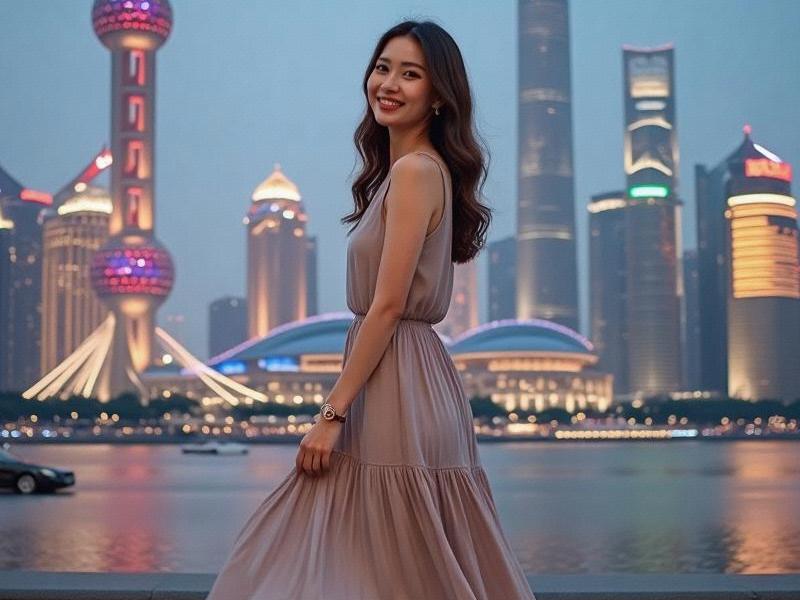An investigative report on how Shanghai's premium entertainment clubs are adapting to China's new economic reality by combining traditional KTV culture with modern luxury experiences.

The neon lights of Shanghai's Huangpu District glow brighter as night falls, illuminating the latest chapter in China's nighttime economy. Behind the frosted glass doors of venues like Muse and Linx, a quiet revolution is transforming Shanghai's entertainment club scene - where traditional KTV meets Michelin-star service in China's most cosmopolitan city.
From "Karaoke Boxes" to Multi-Sensory Experiences
Gone are the days of smoke-filled rooms with sticky floors. Today's premium Shanghai clubs feature soundproofed rooms with Dolby Atmos systems, sommelier-curated wine lists, and private chefs. According to the Shanghai Culture and Tourism Bureau, the city now hosts over 3,800 licensed entertainment venues generating ¥18.7 billion annually. The new generation of clubs like "Cloud Nine" offer VR karaoke rooms where patrons can perform with holographic backup dancers.
上海神女论坛
The Business Entertainment Complex
In Shanghai's cutthroat corporate world, entertainment clubs serve as crucial networking hubs. "About 60% of our weekday clients are business groups," reveals James Wang, manager of the exclusive Monarch Club. These venues now provide discreet meeting spaces with simultaneous translation services and privacy screens - catering to Shanghai's international dealmakers. The average corporate group spends ¥8,000-15,000 per evening (2024 Shanghai Nightlife Association data).
上海贵族宝贝自荐419
Regulation and Reform
Following China's anti-extravagance campaign, clubs have reinvented themselves. The notorious "hostess bars" of the past have given way to family-friendly "music restaurants" like TaiHe Music House. Strict ID scanning systems connect to police databases, while surveillance cameras monitor all public areas. "We're seeing 20% annual growth in 'clean entertainment'," notes cultural researcher Dr. Li Xiao from Fudan University.
上海花千坊龙凤
Global Influences, Local Flavors
Shanghai's clubs increasingly blend international trends with Chinese characteristics. The newly opened "Jade Pavilion" combines Scandinavian minimalist design with private tea ceremony rooms. At "Jazz Age," patrons enjoy craft cocktails while Peking opera performers mingle with jazz musicians. This fusion reflects Shanghai's unique position as China's gateway to the world.
As dawn breaks over the Bund, the last guests depart these temples of nocturnal leisure. Shanghai's entertainment clubs continue evolving - no longer just places to sing, but multidimensional spaces where culture, business and pleasure intersect in ways only possible in this dynamic global city.